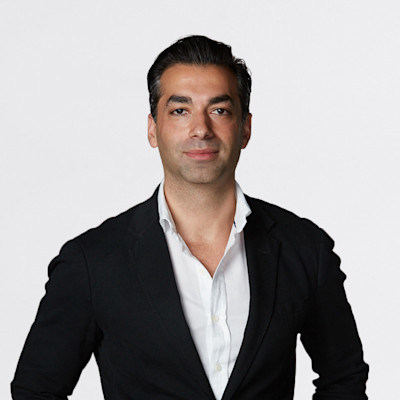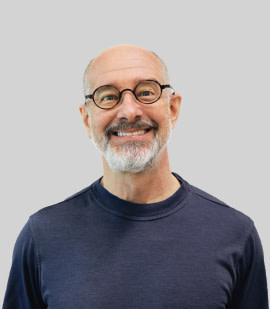Essential Takeaways
- At Ritual, we take a “Food First” approach: It’s important to aim to meet most of your nutrient needs through a healthy, well-varied diet, and then take a multivitamin to help fill gaps.
- Dietary preferences, genetic considerations, and age can all have an impact on nutrient levels—which is where a quality multivitamin can come in handy. All in all, building better nutrition habits is always a good idea.
In a perfect world, we wouldn’t need a multivitamin: We’d get all the nutrients we need through diet alone, every day. But we also know this can be a near-impossibility, thanks to a variety of factors ranging from genetic variations to dietary restrictions—basically, all the little things that make us unique.
That’s the driving force behind much of what we do here at Ritual HQ. It’s why our science team has combed through thousands of studies to better understand some of the common blind spots in our diets, and how our nutrient needs change throughout our lives. It’s why we formulated our multivitamins with the things that make you unique—your diet, genetic factors, and age—in mind. And it’s why we’re committed to helping you better understand, overall, what you’re putting into your body and why.
Taking your multivitamin is part of it, sure—but the first step is taking a look at what’s on your plate.
It’s all in the name of inspiring better habits, and a little more understanding around the impact of what we eat. One problem? We think that healthy eating has gotten a little overcomplicated: The science of what matters is often eclipsed by trends, myths and other noise. So let’s take some of that guesswork off your plate, shall we?














